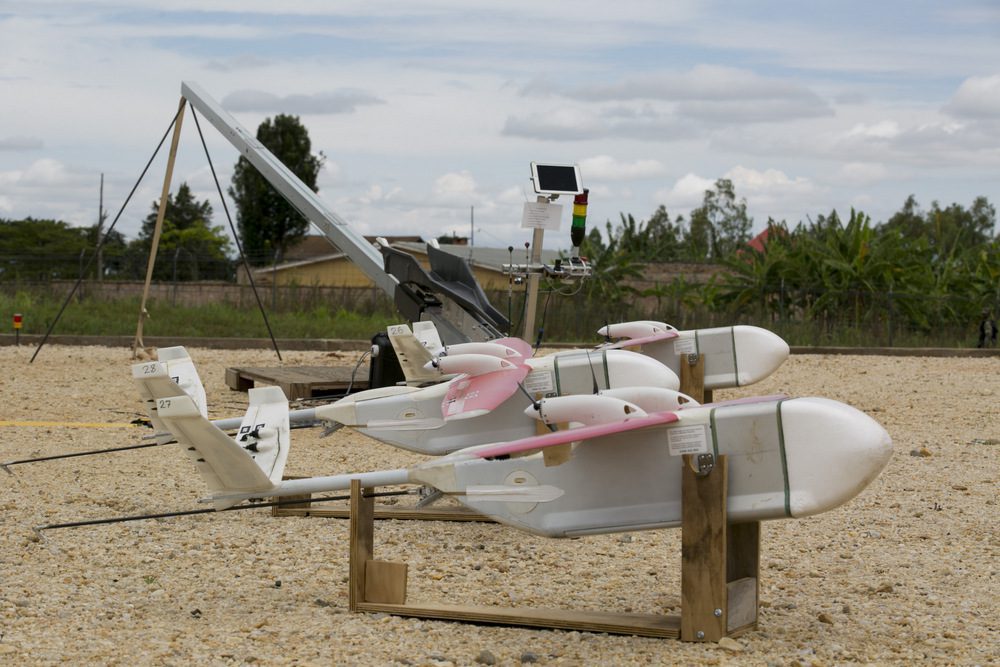With the lockdown in Rwanda crippling many sectors, the use of drones to deliver medical supplies to remote parts of the country is gathering momentum and does not look like slowing down.
Concerned that the new restrictions introduced to stem the tide of coronavirus infections in the central African nation could seriously hamper medical services across Rwanda, the government and US firm Zipline have teamed up for an initiative to deliver cancer medications to remote regions.
Zipline, a California-based logistics firm running the operation successfully used the technology to deliver blood in Rwanda and Ghana.
The drones are purported to have a weight capacity of 1.8kg and are based at the established Zipline distribution centre in Muhanga (Central South) and Kayonza (East).
Rwandan health officials say the current lockdown measures to contain the spread of COVID-19 have complicated life for many people more so those seeking cancer treatment.
According to health officials, cancer patients who fail to receive the right care and access to medical services are more likely to die from the disease than succumb to coronavirus.
To limit this, Partners in Health (PIH), an organisation treating cancer patients from its centre at Butaro Hospital, has partnered with Zipline to provide such care services closer to where patients live.
Zipline currently delivers blood across different hospitals in the country, using unmanned aerial vehicles, commonly known as drones from its bases in Muhanga and Kayonza districts.
Leveraging its existing network, the company is seen as transformative in saving cancer patients whose lives are already complicated by the disease but face a new threatening situation thanks to the implications brought by the Covid-19 pandemic.
Currently Rwanda has three well-known treatment options for cancer including chemotherapy, surgery and radiotherapy.
However, radiotherapy has been the least available option of the three, health officials says.
It is unknown whether the government will eventually consider putting drones at the disposal of health workers involved in the fight against Covid-19 especially in remote areas where accessibility by vehicles remains a huge challenge.
CU/as/APA


